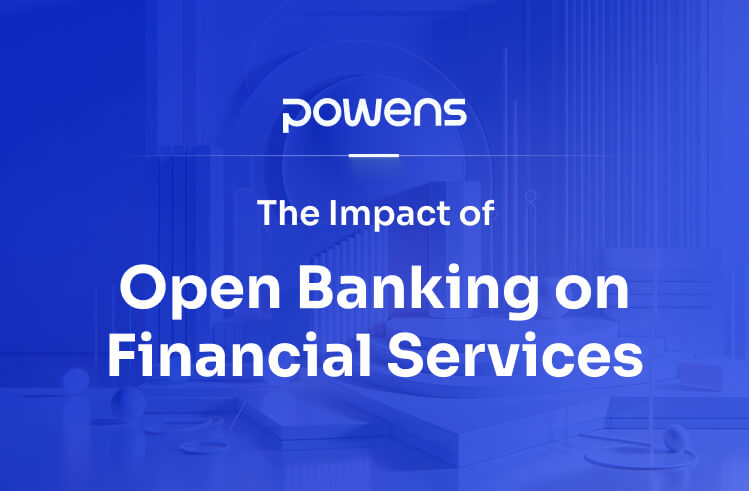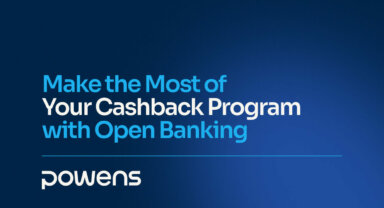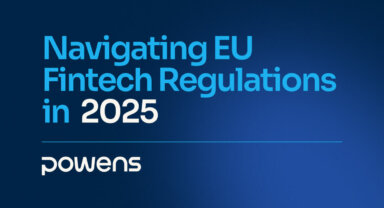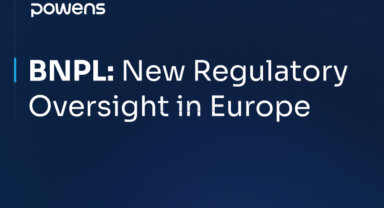Fueled by regulatory changes, technological advancements, and increasing customer expectations, Open Banking has risen rapidly in recent years. Reimagining how financial data is shared has completely shaken up the financial service industry and led to more competition and innovation. This has given consumers more choices, better products, and more affordable prices.
In this article, we unwrap everything you need to know about Open Baking and its full impact on the financial services industry.
What is Open Banking?
Open Banking allows financial data to be shared through secure application programming interfaces (APIs) with the consumer’s consent. This system creates increased transparency and results in more competition and innovation throughout the entire financial industry.
Opening up APIs to third parties means companies can build new solutions more efficiently, leading to more choices, better services, and personalized banking experiences for consumers –– while also giving them more control over their financial data.
The rapid growth of Open Banking has continued to influence the financial industry significantly. A recent Open Banking Impact Report suggests that the adoption of Open Banking-enabled products and services now stands at 6 million in the UK, with more than 7.6 million payments made in a single month.
The transformation of traditional banking models
Traditionally, banking has operated as a closed network where organizations held exclusive control over customer data. Open Banking challenges this model by opening up data access and improving inclusivity, transparency, and competition. This shift allows fintech, startups, and non-banking corporations to offer financial services themselves to compete directly with established banks.
And increased competition is good for consumers. It has boosted innovation in a sector that has long been stagnant when it comes to technological advancements, creating better and more convenient products and services. Consumers have also benefited from lower prices, for instance, free bank accounts (e.g. N26) and more attractive exchange rates (e.g. via Revolut), as well as having more choices to pick the financial service solutions that best fit their needs.
Improving consumer experiences
One of the most powerful opportunities Open Banking offers lies with the potential for personalization. For example, comprehensive customer insights to tailor products and services with enhanced risk management. There are also great benefits to be had, with a report by McKinsey suggesting that personalization-leading banks can achieve revenue increases of 5-15% percent and reductions in cost to serve by 10-20%.
Integrating different financial services into one platform puts the consumer experience at the heart of Open Banking, giving users personalized financial advice, improved product comparisons, and more control over their financial decisions. According to Accenture, this aligns with customer expectations, with 63% of consumers craving more personalized experiences and advice about managing their financial health.
Navigating opportunities and challenges
The opportunities presented by Open Banking make this an exciting time for the industry. Innovating more freely paves the way for creating new business models based on transparency and consumer empowerment. Attractive benefits like real-time data access and integration opportunities further incentivize businesses to adopt the concept.
Businesses must find a balance between these opportunities for innovation and adherence to regulatory standards around data security and privacy. First and foremost, customers’ sensitive financial data has to be a top priority. Organizations in the financial service industry must strictly manage how they share financial data, navigating complex regulatory standards like GDPR, PSD2, PSD3, and more. Cybersecurity must also be considered, with robust measures to protect customers’ sensitive financial information.
Beyond Open Banking: The rise of Open Finance
Open Banking is well on its way to becoming a major global standard of financial systems. This could reduce inequalities in consumer finance and barriers to access, allowing more individuals and businesses to benefit from high-quality, tailored financial services.
The concept of Open Banking is expanding into what is now called Open Finance. This broader concept encompasses more financial services, including savings, loans, investments, benefit accounts, mortgages, and trading. Open Finance is shaking up the industry, making nearly every aspect of personal finance more accessible and maintaining a focus on not just how financial services are provided, but also how they are conceived in the first place.
What could your business do with Open Banking?
Open Banking is reshaping the financial services industry into a more inclusive, efficient, and competitive financial ecosystem. It promises to empower consumers with better financial management tools while providing businesses with new opportunities to innovate and grow. For these companies, adapting to this new model means staying relevant in a fast-changing industry.
At Powens, we’re proud to enable financial institutions, fintechs, and software vendors across Europe & LATAM to create innovative products and streamline their financial operations with the only platform that integrates Open Finance and Embedded Banking.
Our Open Banking Platform empowers more than 280 leading financial institutions and 7 million end-users with comprehensive embedded, frictionless, and fully automated banking and payment experiences.
Get started with Powens today and learn more about how Open Banking can transform your business.
Contact one of our expert!

 Oct 27, 2023
Oct 27, 2023 














